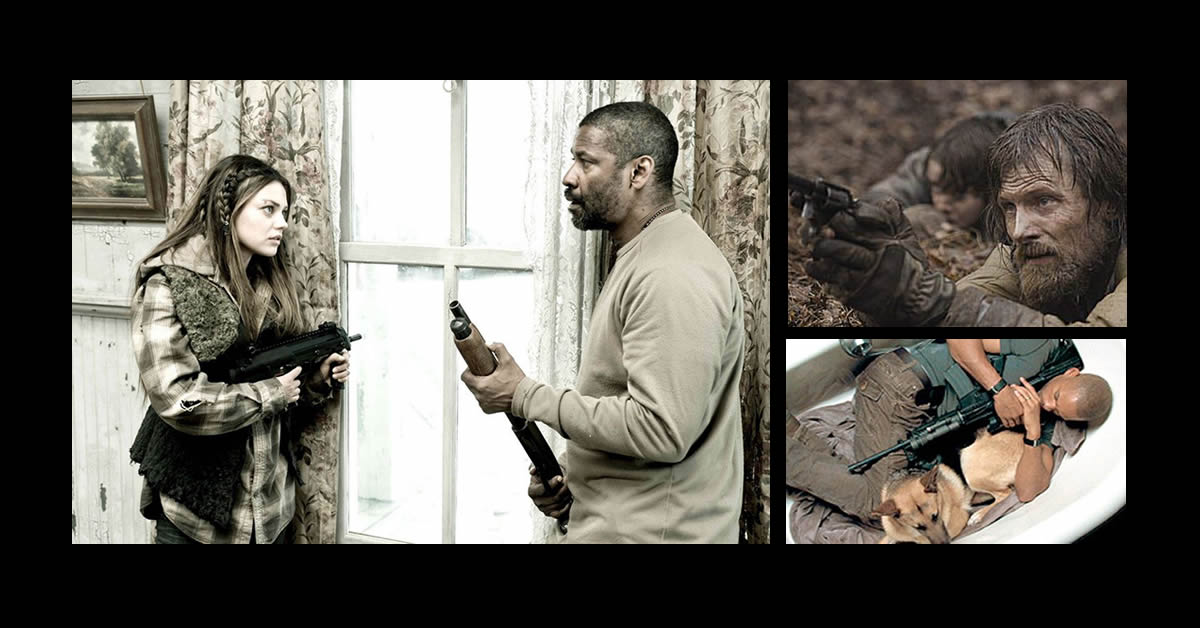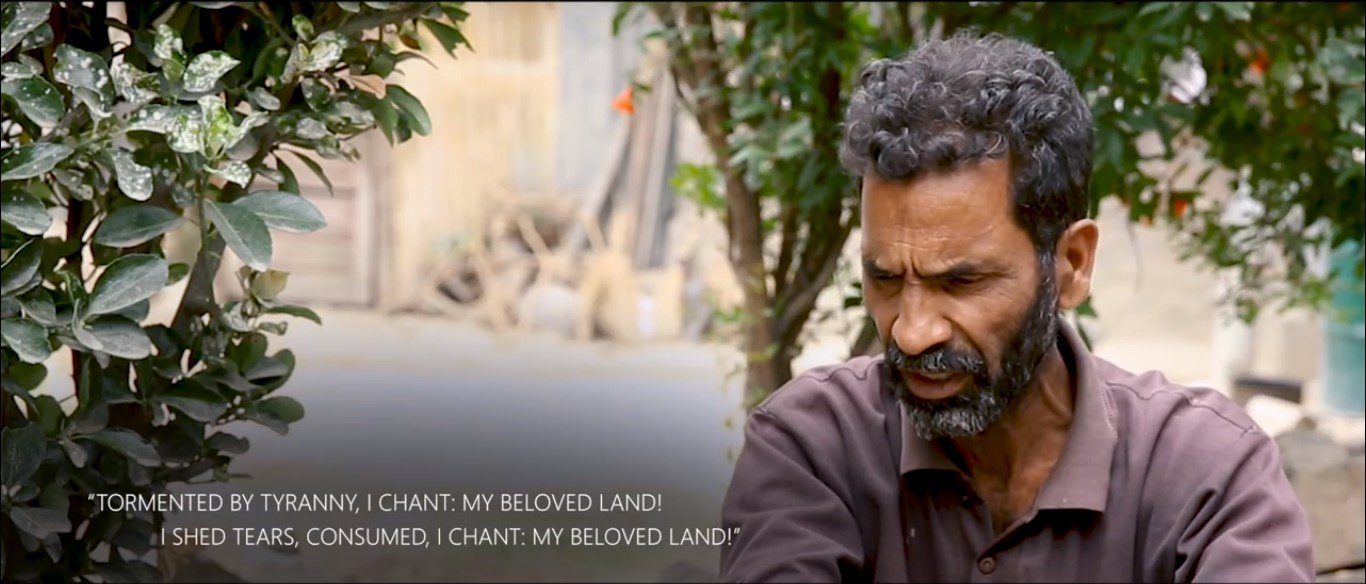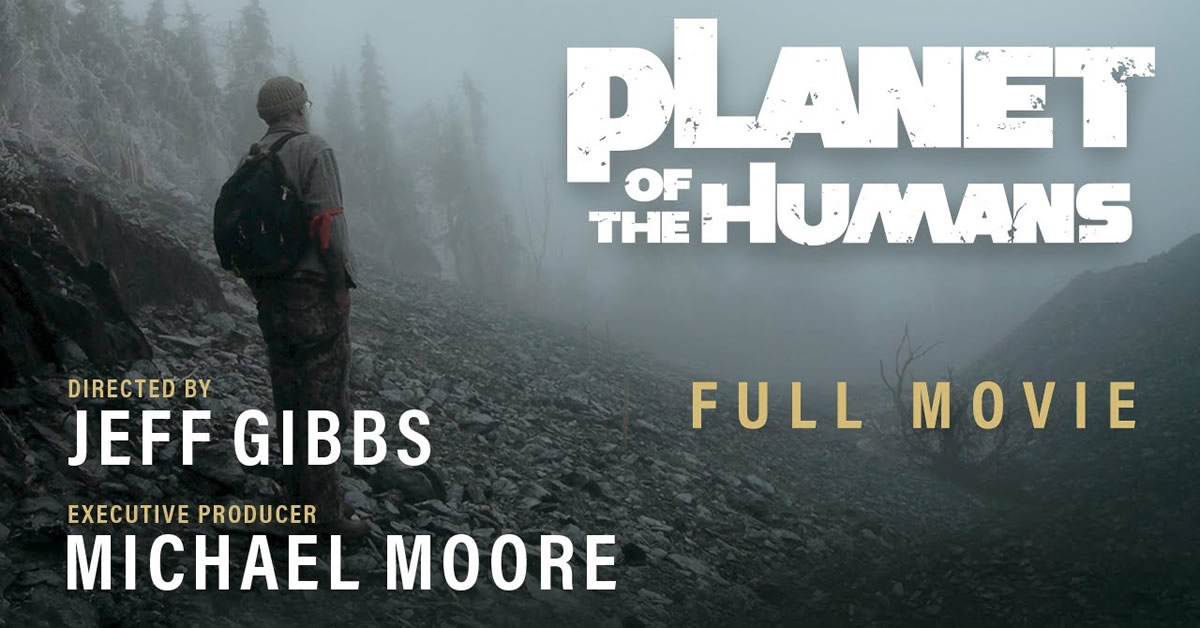This article presents a discussion of key aspects of knowledge in Sufism through an analysis of the film Bab’Aziz: The Prince Who Contemplated His Soul (Nacer Khemir, 2005). The dominant Western perspective argues for the necessity of a rational, objective form of knowledge which is based on logical argument and precepts. This perspective, however, fails to recognize the alternative form of experiential knowledge which lies at the heart of the Sufi tradition. In this respect, Bab’Aziz is an important film because its content and its narrative technique is an expression of certain knowledge, knowledge without doubt, and kashf, unveiling or discovery. This article compares knowledge in Sufism (Tasawwuf) to the concept of knowledge in the Western tradition, and argues for a reconsideration of the meaning of philosophy as understood by the Ancient Greeks. Originally published in Volume 23, Issue 1 of Film-Philosophy journal and republished here via CC-SA-4.0.

Malcolm X: Make It Plain (1994) — by PBS
On Malcolm X’s birthday, an elaborate documentary that explores his political life, his activism and the legacy of resistance he left behind for people around the world. The film gathers testimonials and accounts from his friends, family, and the journalists who knew him, along with archival footage of the man and the historical figure himself. The documentary was produced and aired by PBS on January 26, 1994. All rights reserved by Public Broadcasting Service (PBS).

My Neighbourhood (2012) — A Documentary Film by Julia Bacha and Rebekah Wingert-Jabi
First released in 2012, “My Neighborhood” is a documentary film that follows the life of Mohammed El Kurd, “a Palestinian boy growing up in the neighborhood of Sheikh Jarrah in the heart of East Jerusalem. When Mohammed turns 11, his family is forced to give up part of their home to Israeli settlers, who are leading a campaign of court-sanctioned evictions to guarantee Jewish control of the area.”
Produced for Just Vision, an organization seeking to build peace between Palestinians and Israelis, the symbolic meaning of this film has ascended to greater historical importance given the current and horrific situation being lived in the neighborhood at the center of this film and by extension in the rest of Palestine.
More than a decade later, the producers of the film held an online screening on April 22, 2021, followed by a discussion about Sheikh Jarrah with the film’s protagonist, Mohammed El Kurd (now in his 20s), and Just Vision’s Director of Education and Outreach in Palestine and the film’s producer, Rula Salameh. The conversation was moderated by Just Vision’s Executive Director, Suhad Babaa.

Roof Knocking (2017) — A Short Film Directed by Sina Salimi
In war-stricken Palestine, a woman prepares a meal for her family to break the fast in the month of Ramadan. A phone call by an Israeli soldier alerts her of the bombing of her building in 10 minutes. Coming to accept her family’s fate is the only way she has to make a stand for her life, with grim consequences. Synopsis by Sergio Salazar. The film is based on a ‘standard procedure’ that was ‘innovated’ and put into effect by the Israel Defense Forces (IDF) since 2008.

Film Commentary: On Axone — by Enatoli Sema
“The intent for writing this piece arose from a desire to note a historic event for the people from the Northeast,” writes Enatoli Sema in her commentary on “Axone,” a film she considers a “critical piece of art.” In response to the film and what it inspired in the writer, Sema first reflects on her heritage, culture and its intrinsic value and secondly, on the “unacceptability of discrimination.”

RIP: A Remix Manifesto (2008) — Directed by Brett Gaylor
Immerse yourself in the energetic, innovative and potentially illegal world of mash-up media with RiP: A Remix Manifesto. Let web activist Brett Gaylor and musician Greg Gillis, better known as Girl Talk, serve as your digital tour guides on a probing investigation into how culture builds upon culture in the information age.
Representations of Arabs, Muslims, and Iranians in an Era of Complex Characters and Storylines — by Evelyn Alsultany
Evelyn Alsultany examines shifts and nuances in the representations of Arabs, Muslims and Iranians in popular TV and cinema. This article was originally published in University of Michigan’s Film Criticism journal (Volume 40, Issue 1, January 2016) and is reproduced here via Creative Commons 3.0 Attribution License.
Looking Back: Versions of the Post-Apocalypse in Contemporary North-American Cinema — by Ana Moya & Gemma López
This paper [from 2017] discusses the role of borderlands in I Am Legend (2007), The Road (2009) and The Book of Eli (2010), and the ways in which these dystopic post-apocalyptic films may be understood through the concept of the border, analyzing the negotiations of meaning and representation that take place. Originally published in University of Michigan’s journal Film Criticism (Volume 41, Issue 1, February 2017), it is reproduced here via Creative Commons 3.0 License.
Edward Said: The Idea of Empire (1993) — BBC Four Arena Series
In this special from BBC Four’s Arena Series (first aired in 1993), Edward Said discusses his book “Culture and Imperialism” and “explains how the attitudes forged over the last 200 years continue to enforce the relationship between the west and the developing world.” The TV special includes participation by Eqbal Ahmad and others. Video embedded for Fair Use.
Full Documentary Link: Take it in Blood (2013, Rana Ghose)
On Mother’s Day, here is Rana Ghose’s “Take it in Blood” (2014), a documentary that follows Kashmiri rapper MC Kash (of GOAT status) as he enters the world of Parveena Ahangar, Founder of the Association of Parents of Disappeared Persons and mother to Javaid Ahmed Ahangar, who at age 16 was “enforced disappeared between the night of the 17th of August and the early morning hours of August 18, 1990.”
Madhosh Balhami: The Poet of Perseverance (Documentary Series) — by Irfan Dar and Gowhar Farooq
On 15 March 2018, Madhosh Balhami lost his house and thirty years of written poetry to a fire in the middle of a gun battle between Indian soldiers and rebels. Producers and directors Irfan Dar and Gowhar Farooq have come up with a short documentary series on Kashmiri poetry titled “Madhosh Balhami: The Poet of Perseverance”. Here is an updated page with each of the episodes as they are released. In the first episode, Ghulam Muhammad Bhat (Madhosh Balhami) reminisces about “his early education and the trauma of losing his parents at a young age.” Balhami also revisits the “moment when he took to poetry to express his inner anguish” and recites one of his poems (with English subtitles). Camera by Mohammad Irfan Dar and translation by Hanan Zaffar. Additional links are included to familiarize readers and viewers with Madhosh Balhami’s story and greater work. All media embedded directly from original sources.
Michael Moore Presents: Planet of the Humans — Full Documentary — Directed by Jeff Gibbs
Film Description: Michael Moore presents Planet of the Humans, a documentary that dares to say what no one else will this Earth Day — that we are losing the battle to stop climate change on planet earth because we are following leaders who have taken us down the wrong road — selling out the green movement to wealthy interests and corporate America. This film is the wake-up call to the reality we are afraid to face: that in the midst of a human-caused extinction event, the environmental movement’s answer is to push for techno-fixes and band-aids. It’s too little, too late.







